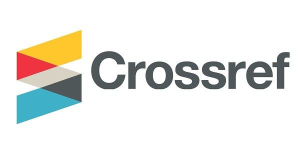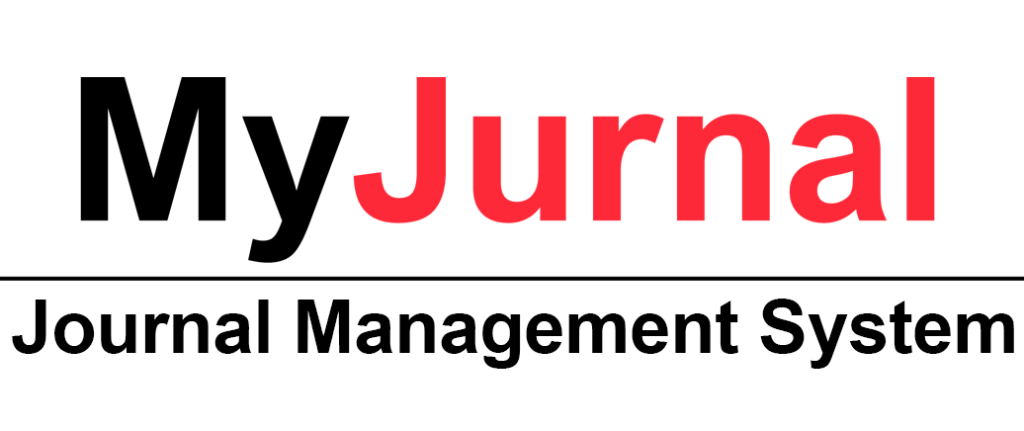Educational Strategic Leadership Practices among Leaders of Selected Malaysian Risky Schools
DOI:
https://doi.org/10.31436/ijes.v10i1.366Keywords:
Educational strategic leadership practices, organisational capabilities, personal characteristics, school leaders, Malaysian risky schoolsAbstract
This paper explored the practice of educational strategic leadership (ESLP) among selected leaders of Malaysian risky schools, with the aim of developing, validating, and confirming a hypothesised structural model for leaders’ ESLP. Data were collected from 472 school leaders of 141 risky secondary schools across Malaysia using a set of five-point rating scales as the research instrument. For data analysis, the study used descriptive statistics, confirmatory factor analysis, and full-fledged SEM. The findings revealed that Malaysian risky schools’ leaders had a high proclivity and inclination to practice educational strategic leadership (ESLP) at work and reported high levels of ESLP. Strategic orientation, strategic translation, strategic intervention, strategic alignment, strategic competencies, restlessness, absorptive capacity, adaptive capacity, and wisdom were among the nine practices of educational strategic leadership identified in the survey responses. SEM procedures were used to confirm that the hypothesised model of ESLP for Malaysian risky schools’ leaders was empirically valid and reliable. The findings emphasised the importance of planning and developing a specific-context training program in strategic educational leadership for Malaysian risky schools’ leaders. The training was deemed essential in the pursuit of effective leadership and positive school outcomes in Malaysian schools. The study was able to develop, test, and validate an ESLP model for the strategic management of risky schools and it is regarded as one of the few studies on the factors influencing risky schools in Malaysia.
Metrics
Downloads
Published
How to Cite
Issue
Section
License
Copyright (c) 2022 IIUM Press, International Islamic University Malaysia

This work is licensed under a Creative Commons Attribution 4.0 International License.
The Journal will own copyright to all published works and have the right of first publication, both in print and online, unless other arrangements are made with the Editors in advance. It is the author`s responsibility to ensure that where copyright materials are included within an article the permission of the copyright holder has been obtained beforehand.























